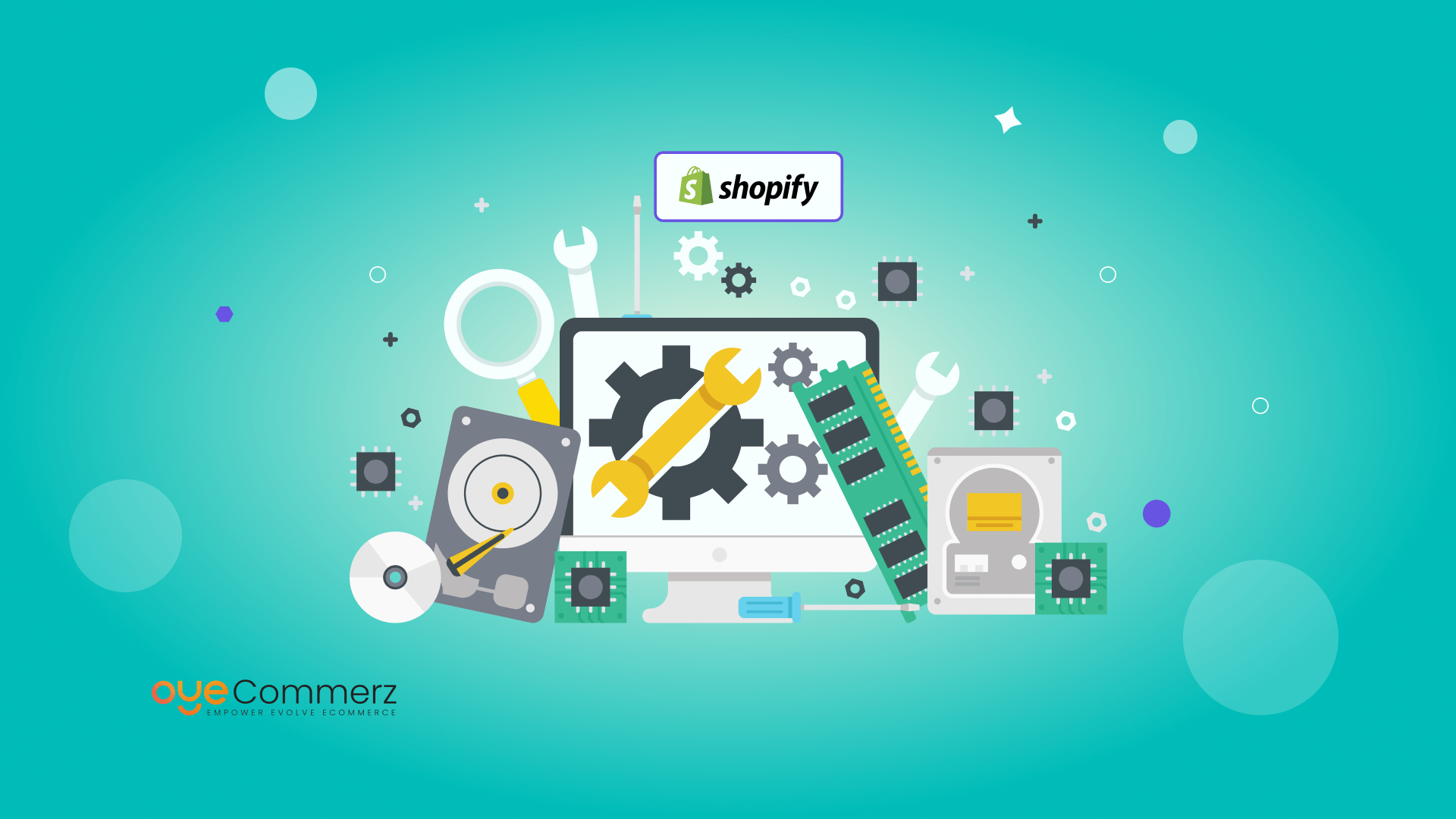Introduction
In the current competitive e-commerce environment, standing out is essential, and one of the best ways to differentiate a Shopify store is through tailored app development. A robust Shopify app can enhance store capabilities, streamline operations, and boost customer engagement. This guide delves into key aspects of Shopify app development, covering API integration and app ecosystem to scaling strategies and promotion methods, offering a roadmap for companies seeking unmatched store efficiency.
The Importance of Shopify API Integration
Shopify’s API provides powerful tools to personalize and extend store capabilities. With the GraphQL and REST API options, developers can access data to build applications that handle inventory control, order processing, and customer information management smoothly. Integrating Shopify’s API can enable improved workflow automation and allows stores to serve customers more effectively.
Utilizing the Polaris Design System
Shopify’s Polaris is Shopify's design system for creating intuitive and accessible Shopify apps. By adhering to Polaris principles, developers ensure that apps integrate smoothly within the Shopify Admin interface. This provides a cohesive look and feel that appeals to Shopify merchants, encouraging ease of use and comfort for merchants utilizing your custom app.
Navigating the Shopify App Ecosystem
The Shopify app ecosystem offers endless possibilities for improving online stores. From managing fulfillment processes to increasing customer interaction, apps in this ecosystem are designed to meet diverse business needs. Familiarizing with this system assists developers in finding unique app opportunities and enables seamless integration of external tools that enhance the store.
Developing Embedded Shopify Apps
Embedded apps integrate directly within the Shopify Admin, allowing a seamless experience for merchants. They allow merchants do not need to leave their Shopify control panel, simplifying their process. Using Shopify App Bridge and embedded app capabilities is recommended for providing a unified, integrated user environment.
Using Node.js and React for Shopify Apps
Node.js and React have become top options for Shopify app development. This server-side framework enables high-performance back-end services, while React allows for interactive and adaptive front-end design. Together, they offer an excellent platform for building fast, growth-ready Shopify apps that enhance store functionality and customer interaction.
Utilizing Webhooks in Shopify Development
Webhooks allow real-time data updates between Shopify and an external app. They trigger events such as new orders or Using Polaris for better Shopify apps inventory updates and provide immediate notifications to your app. By utilizing webhooks, apps can deliver real-time information to store owners, simplifying processes and boosting productivity.
Customer Engagement and Digital Marketing for Shopify Apps
To ensure Shopify app success, connecting with users is key. Using digital marketing strategies like SEO, email marketing, and social media campaigns can increase app usage. Additionally, creating applications with customer engagement in mind (e.g., loyalty programs or personalized suggestions) boosts user retention and loyalty.
Making Your Shopify App Scalable
As e-commerce businesses grow, so do their technological needs. Making sure that your app can manage increased traffic, larger databases, and more advanced functionalities is critical. By optimizing server resources and implementing scalable solutions, you can create apps that grow in parallel to a store’s success.
Essential Features and Maintenance for Shopify Apps
For an app to be useful, it should offer key capabilities like user login, analytics dashboard, and customer support options. Regular app upkeep, including updates to fix Enhance customer engagement on Shopify bugs and compatibility checks with new Shopify features, is important to maintain uninterrupted performance and avoid interruptions to business processes.
Conclusion
Custom Shopify app development holds vast potential for e-commerce businesses, offering the ability to enhance performance, simplify operations, and build customer relationships. From integrating APIs to focusing on scalability and customer engagement, building a Shopify app requires careful planning and strategic execution. If you’re ready to unlock your store’s full potential, a tailored Shopify application may be the ideal choice. What capabilities do you envision for your ideal app? Share your ideas and take the first step toward an optimized e-commerce experience!
